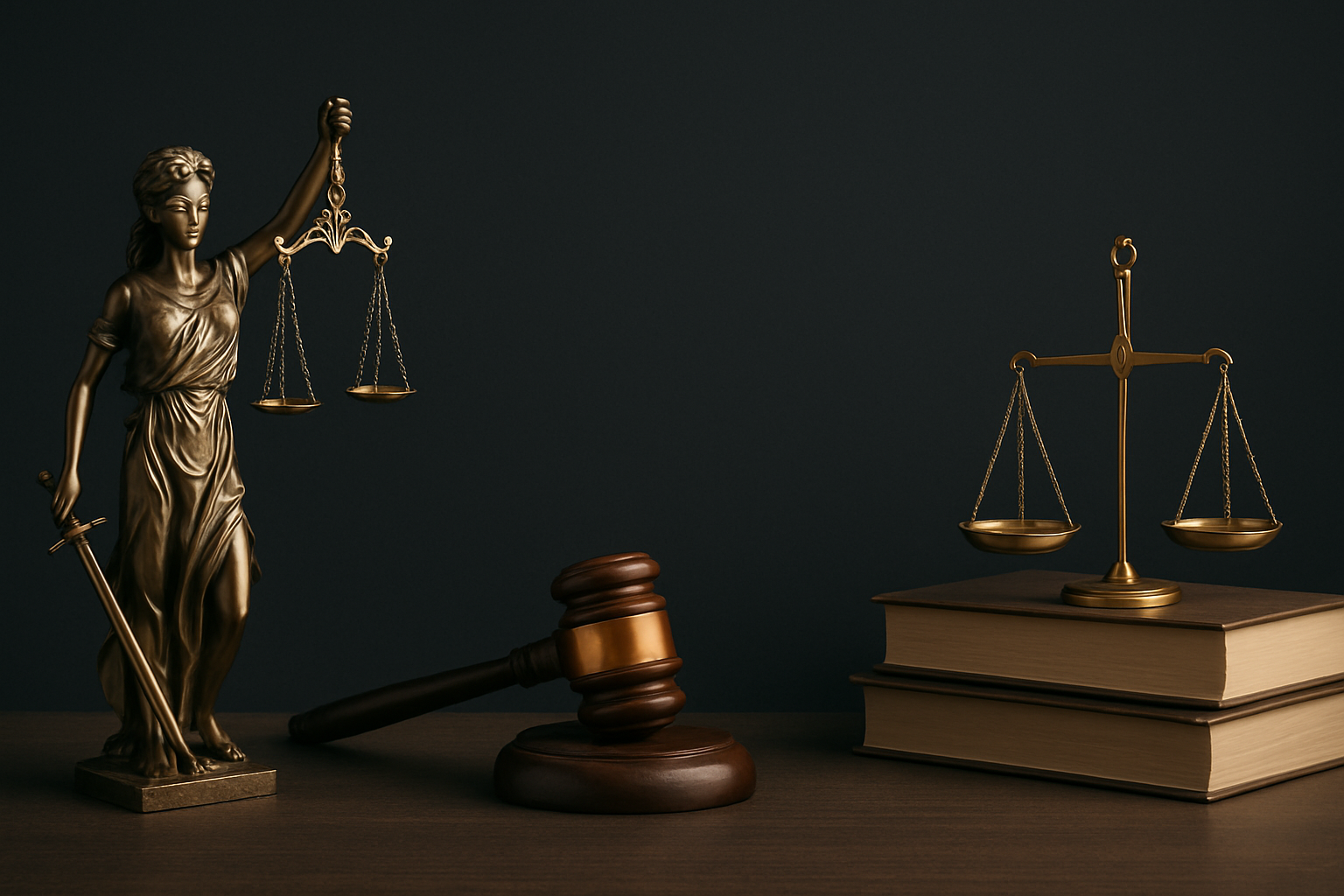■ Introduction
Let me tell you what it feels like to live under a Constitution that remembers its government and forgets its people. It feels like calling for help and hearing silence.
Like clutching a document full of promises that mean nothing in court.
Like asking for justice and being told,
“We don’t do that here.”
In Nigeria, suffering isn’t an accident. It’s not even a failure.
It is legal.
It is constitutional.
It is deliberate.
■ The Illusion of Protection.
Every government makes promises.
They say: Surrender your weapons — we will protect you.
Don’t protest — we will listen for you.
Don’t fight — the law will fight for you.
But what happens when the state breaks all its promises, and then turns around to say, “You can’t even hold us accountable”?
“The tragedy of the Nigerian state is not that it fails its people — it is that it has written its failure into law.” — P.L. Osakwe
■ The Dream and the Fine Print.
Chapter Two of the 1999 Constitution of Nigeria sounds like something out of a freedom charter. It says the government shall ensure:
■ Free education. ■Adequate health care. ■Housing. ■Employment. ■Security. ■Equal access to opportunity. ■Freedom from poverty.
But hidden deep in Section 6(6)(c) is the betrayal:
“Nothing in this Constitution shall be construed as conferring legal rights that are justiciable...”
In other words, you can’t sue the government for failing to give you what it promised. Not food. Not safety. Not schools. Not even your life.
“We are governed by a Constitution that teaches us to hope, not to expect; to endure, not to demand.” — P.L. Osakwe
■ When the Law Says ‘Suffer in Silence’
Let’s make this personal.
● When our children are kicked out of school because public education is a myth,
● When our fathers dies waiting for oxygen that was never stocked,
● When our sisters are kidnapped and no one comes to rescue them.
You cannot take anyone to court. Because the Constitution says the state owes you nothing enforceable.
“A right you cannot claim is not a right — it is a sedative.” — P.L. Osakwe
That’s what Nigeria has handed its people: sedatives in the shape of rights, tranquillised justice, constitutional gaslighting.
■ Who Designed This? And Why?
This wasn’t a clerical error. It wasn’t naivety. The 1999 Constitution was not written by the people. It was inherited from military rule — written in the language of obedience, designed to protect government from scrutiny, not citizens from harm.
“In Nigeria, impunity is not the breakdown of the system — it is the system.” — P.L. Osakwe
The law was constructed to appear generous but function as empty. It gives the poor something to quote, but nothing to claim. The Courtroom is Closed, The Streets Are Criminalised
■ So what’s left?
You go to court — and they tell you, “This matter is not justiciable.”
You go to the streets — and they tell you, “This protest is illegal.”
You go to your government — and they tell you, “We are still planning.”
And in all that time, people are dying. Quietly. Legally.



